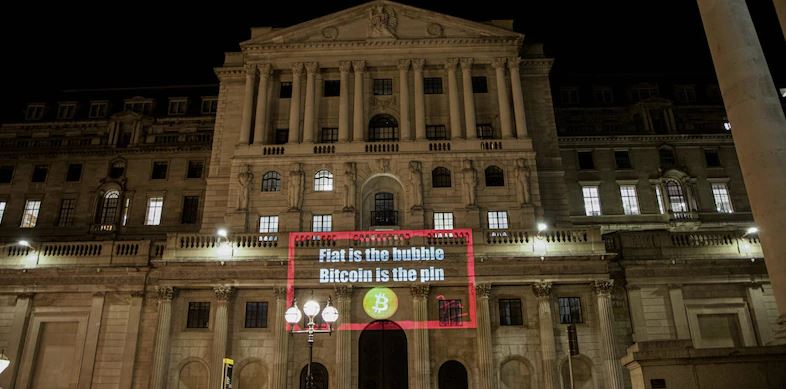
I don’t know how your life has changed in the last year, but I realised how much mine had when I woke up this morning and thought must go and buy dog food. A year ago, I didn’t have a dog and my first thought would have been I must get to the airport to catch a flight. How the world has changed.
I call it Glocal. Global-Local. We are still flying around the world, but virtually. Meanwhile, we are doing most things in the house locally. We walk the dog and then Zoom to another place. It’s our new normal.
For many, we are unsure if we like it. In 2019, my typical week would be flying three or four times a week around the world to present at conferences. In 2021, my typical week is playing with the kids, walking the dog and taking an hour out in the office to virtually keynote. It’s a very different world. How’s yours?
When you reflect on this, it does make you think what a massive change we are going through. We used to be all about office, meetings, work, commute, travel; today, we are all about family, walking, avoiding, local. Maybe not everyone is the same, but that’s my experience over the last 12 months. I’ve gone from global to local but, thanks to the internet, I’m glocal.
Why is this relevant?
Well, it’s relevant because my major disruption of lifestyle is a microcosm of the disruption to business. In dealing with many of the world’s biggest banks, it strikes me as astounding that, after over a year, they are still unable to deal with working-from-home (WFH) and the lockdown. I rang my bank the other day and their opening message was: due to coronavirus, we are experiencing difficulties with dealing with calls and it may take over an hour before we can talk to you. WTF? It’s the 21st century guys and you've now had over a year to deal with this. How come you're using this lame excuse for the fact your business is not fit for dealing with customers digitally? More, ask this question: why am I calling you?
I haven’t had to call my bank for over a year, as I’ve tried to avoid calling my bank due to the knowledge that they can’t take calls today. I’ve tried to do all my banking online. I don’t want to call the bank. That raises fact #1: if a customer is calling the bank in 2021, there is a major issue; then there is fact #2: if a bank cannot take a customer call when there is a major issue, then that bank has a major issue.
It’s interesting from a psychological viewpoint – and bear in mind that money is just a construct we believe in from our psyche – that this crisis has truly exposed the weakness of our financial and governmental system. The weakness is that we believe in our financial and governmental system for only as long as it works. During 2020, it stopped working. Governments failed us and banks failed us. Governments could not organise a party in a brewery and banks cannot pick up phones and answer calls.
The result is that the disillusioned masses are moving to alternative systems. THAT IS THE REASON WHY CRYPTO HAS BOOMED IN 2020. It is the reason why Elon Musk can pump and dump dogecoins and why non-fungible tokens are suddenly a thing.
This raises the thorniest question: what does this mean for government and banks?
I’m fairly sure that government and banks think it’s more ceterus parabus, status quo. I’m not so sure. When people are completely fed up with the world, they change the world. Is that happening? Maybe, maybe not. All I know for sure is that cryptocurrency has rocketed in 2020 because people no longer believe in governments and banks … they believe in being glocal.

Chris M Skinner
Chris Skinner is best known as an independent commentator on the financial markets through his blog, TheFinanser.com, as author of the bestselling book Digital Bank, and Chair of the European networking forum the Financial Services Club. He has been voted one of the most influential people in banking by The Financial Brand (as well as one of the best blogs), a FinTech Titan (Next Bank), one of the Fintech Leaders you need to follow (City AM, Deluxe and Jax Finance), as well as one of the Top 40 most influential people in financial technology by the Wall Street Journal's Financial News. To learn more click here...

